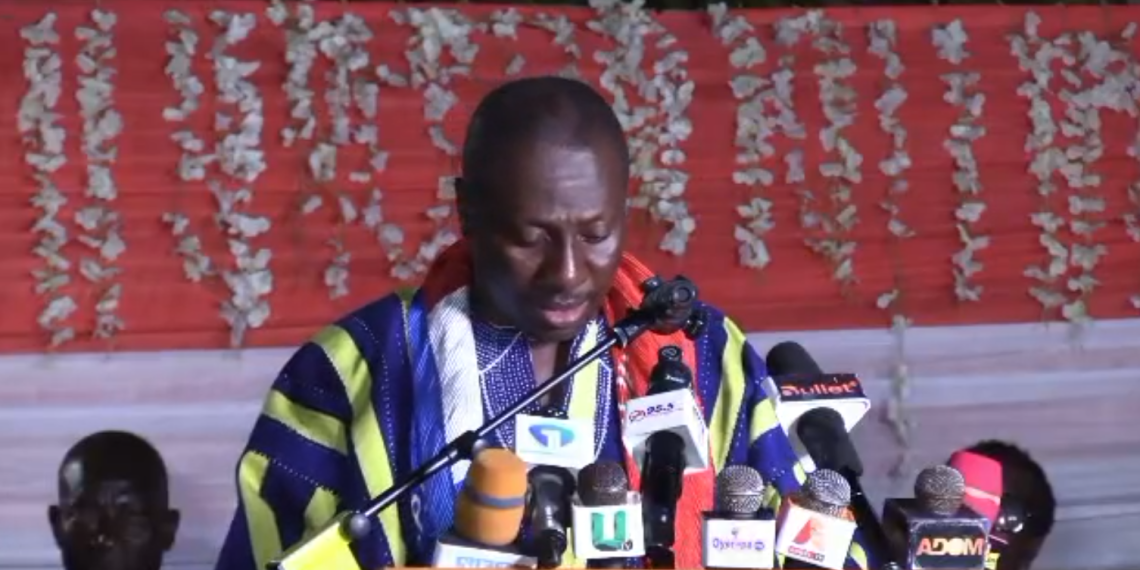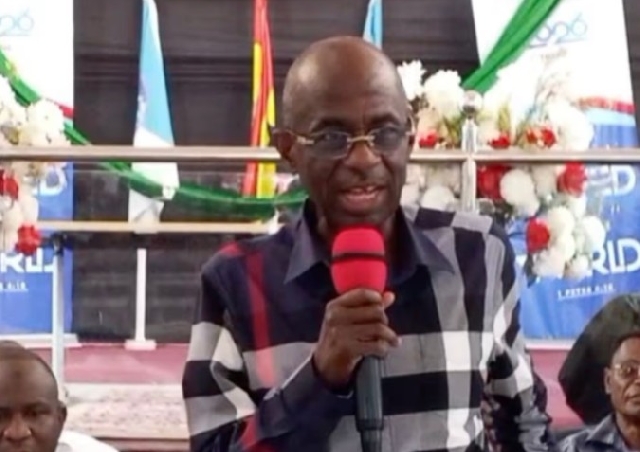By Greg Odogwu
There is no doubt that one of the events that will colour this January is the upcoming theatrical release of the biblical comedy-drama film, “The Book of Clarence” . An alternate history film, it is about a struggling down-on-his-luck man named Clarence living in A.D. 29 Jerusalem who looks to capitalize on the rise of Jesus Christ by claiming to be a new Messiah sent by God, in an attempt to free himself of debt and start a life of glory for himself.
Written and directed by Jeymes Samuel and produced by Samuel, Jay-Z, James Lassiter and Tendo Nagenda, the movie is currently trending in the media as a “Jay-Z antichrist flick”. This is an irony, though a great market advantage that may sell the movie’s tickets.
For me as a Nigerian, I am happy that two of our stars, Adekunle Gold and Yemi Alade, have their songs featured in the soundtrack of the Hollywood movie. The other time our country got such exposure was Davido’s participation in Eddie Murphy’s 2021 film Coming 2 America.
Considering that USA is the entertainment capital of the world, Nigerian artistes’ recognition in Hollywood is a feat we need to deliberately exploit. Our creative economy players must come up with similar concepts and collaborations, not only to capture the market but to initiate a cultural interface between Hollywood and Nollywood. This is the major reason why I think we need to keep our head tightly screwed on straight in this The Book of Clarence matter.
Nigeria is a deeply religious country, hence when the movie is eventually released in the theatres, the expected backlash may find its natural fodder from this side of the equator. This is because the trending conversation is that the film seeks to disparage the mission of Jesus Christ and demystify Christianity; while allegedly promoting the illuminati agenda of Jay-Z and his co-travelers, like the film’s title character player LaKeith Stanfield.
The story of Clarence is that of a young man who grew up in a Jewish society at the same time as Jesus Christ. A hustler, Clarence is captivated by the power of the rising Messiah. He wanted to be like Christ and to enjoy all the advantages of being followed by the poor masses of his society, and having them literally eat off his palm. He then risks everything to carve a path to a divine existence even if a dubious one. There is violence, drug use, cursing and hating, and suggestive material – which enrages Christians and supplies the fuel to drive the conspiracy crowd to their weirdest limits.
Yet, the art lover would praise the film as a creative masterpiece which explores faith through satire. In a white dominated film industry – where Caucasians have played black characters, like in the Gods of Egypt – the producers present an all-black cast in a Bible era epic, transcending time and genre. Through a cinematic experience in a deep exploration into the human ego, the viewer meanders through the journey of Clarence as he embarks on a quest to be welcomed into the esteemed circle of the Messiah’s twelve apostles, driven by his unwavering fascination with their exalted positions. A man who has fallen on tough times but sets his mind on improving the lives of his loves ones, finally decides that an unfamiliar heavenly aspiration is the only way to leave a mark on the sands of time.
In any case, this is not the first time that the Christian community has been outraged by a seemingly blasphemous film. In 1988, the epic religious drama film The Last Temptation of Christ was released. Directed by Martin Scorsese, the film is an adaptation of the 1955 controversial book of the same name by Greek writer, Nikos Kazantzakis.
The movie depicts the life of Jesus Christ and his struggle with various forms of temptation including fear, doubt, depression, reluctance, and lust. The book and the film depict Christ being tempted by imagining himself engaged in sexual activities, which caused outrage from some Christians. Interestingly, the film opens with a disclaimer stating: “This film is not based on the Gospels, but upon the fictional exploration of the eternal spiritual conflict.” But this did not stop it from generating controversy from Christian religious groups at the time of its release, who took issue with its departures from the Gospel narratives.
On October 22, 1988, an Integralist Catholic group set fire to the Saint Michel cinema in Paris while it was showing the film. Scorsese, the movie’s director, was targeted by death threats, which were significant enough that he had to use bodyguards during public appearances for a few years. Because of the film’s departures from the gospel narratives – and especially a brief scene wherein Jesus and Mary Magdalene consummate their marriage – several Christian groups organized vocal protests and boycotts of the film prior to and upon its release. Evangelist Bill Bright offered to buy the film’s negative from the producers in order to destroy it. The protests were effective in convincing several theatre chains not to screen the film. In some countries, including Greece, South Africa, Turkey, Mexico, Chile, Argentine, Philippines and Singapore, the film was banned or censored for several years.
Nevertheless, in view of the fact that The Book of Clarence is not actually a “blasphemous story of Christ” I do not think we should worry about theatre-burning crowd; though the law enforcement people should prepare for the worst, especially in view of the trending Illuminati narrative on the social media. Clarence is just another superstar wannabe whose eventual embrace of messianic piety could easily inspire sympathy in some Christians and disdain in others. But there is this tiny minority who will never be convinced that this cool black dude is not a manufactured illuminati icon on a Trojan mission into our media-fertilized souls.
One should never underestimate the power of the media. Our innermost being enjoys a high affinity with (repetitive) sights and sounds, and this is the major reason why I am of the view that those who complain about Jay-Z’s foray into movie making should not just sit and whine, but also try their hand in selling their own agenda through Hollywood and Nollywood. Again, because there is money to be made, it presents nothing but a win-win scenario.
In cinema, each frame, dialogue, and character has the potential to reflect the society from which it emerges. Often seen as entertainment, the film is a powerful medium for social commentary, cultural representation, and historical reflection. The Book of Clarence is a clever way of mirroring the mind of the modern American youth – who has accepted the West’s rejection of God – as he views religion as just another ‘hustle tool’, while still considering it as a channel for effective social impact.
However, I am sad that in Nigeria, our movie makers have yet to explore their imaginative sophistication to the level of using the so-called illuminati style to depict the simmering spiritual revolution in our land. For instance, Daddy Freeze and other anti-establishment rabble rousers have enjoyed much support from the Nigerian youth over the years; but there has never been a deliberate move to institutionalize or register the revolution through the creative industry as is done in the Western world. Even as many of our young ones presently veer towards African Traditional worship, one wonders whether they are aware of the global fame and fortune that await them if they could project their newfound beliefs through the mass media.
Source: Apexnewsgh/Ngamegbulam Chidozie Stephen
Please contact Apexnewsgh.com on email apexnewsgh@gmail.com for your credible news publications. Contact: 0256336062











